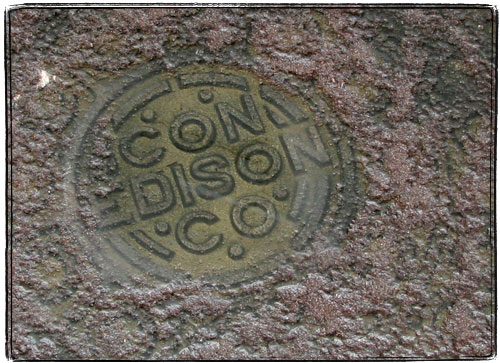This is a third, and likely last article in which I pair up food with books. The previous two did not generate a single comment, but I still want to finish the series.
My third favorite cuisine is Japanese. The best Japanese cooking is about the ingredients. Think about it: sashimi is basically sliced up raw fish. It’s an ingredient with the least preparation possible. Yet it’s one of the tastiest things ever, if the fish is good and the chef sliced it well. Simplicity and lightness, that’s what I like about Japanese food. I’ve picked two of my favorite dishes, a fried fish and sea cucumber roe, and paired it up with two simple light reading book series.
My father grew up on Sakhalin island, a place where salmon and even sturgeon roe were dirt cheap and widely available. Kids would thumb their noses at their caviar and smoked fish, my dad said. But there was one fish still highly prized. A humble smelt. Easily caught, it was usually full of delicious roe. Fried – the tastiest thing ever. While fresh, interestingly enough, smelts smell like fresh cucumbers. I first tasted a fried smelt in a Japanese restaurant Yakitori East, one of the few places in New York that serves them. They are also available in Japanese and Korean supermarkets, I’ve bought and fried them at home many times.
Fried smelts are just as addictive as books from the Dortmunder series by Donalde E. Westlake. These are masterpieces of a particular subset of subset of crime fiction genre: a comical caper story. You get too root for a band of bumbling crooks led by John Archibald Dortmunder, a very competent, but extremely unlucky master thief with a beer-inspired last name.
You know how the two Alice stories have a chess game and a card game theme? Well, Dortmunder stories can be thought of as games of American football. The characters are highly specialized, just like football players, they face constant fumbles and setbacks, but from time to time they get to score. In fact, if I remember correctly, one of Dortmunder books even has chapters based on football: “First down”, and so on to more downs than there are in game rules.
Dortmunder’s core crew includes an all-purpose crook Andy Kelp, a thuggery specialist Tiny Bulcher, a getaway driver obsessed with New York City traffic patterns Stan Murch. Kelp and Dortmunder can pick locks, but when the job calls for it experts are called in. So are extra drivers, computer experts, and other colorful characters. Everybody except Stan Murch has long time girlfriends who take part in criminal acts from time to time. Stan’s cab-driving Mom known as “Murch’s mom” is a frequent cast member.
The now-canceled Firefly tv series is definitely inspired by the Dortmunder stories: as a nod, Joss Whedon named one of the big Alliance ships IAV Dortmunder.
There’s something amazingly likable about a competent, but unlucky master thief with a hang-dog look about him. I, for some reason deeply identify with Dortmunder. On the other hand, in real life I’m probably more of Arnie Albright, the friendless and obnoxious (and aware of it) fence. Arnie’s so obnoxious that nobody willingly deals with him (unless they have to). Dortmunder would much prefer dealing with another fence, Stoon who’s unreliable and pays much less.
I’ve read every single Dortmunder book there is. Westlake is currently working on the next installment in which the gang participates in a reality show.
***
Uni is a simple dish. Well, it’s not much of a dish. It’s sea urchin’s roe. You just dunk it in soy sauce and eat it. Uni had amazing taste: creamy, briny,sweet, custardy. If you watched Iron Chef at all, you probably spent hours listening to the judges rave about uni.
What would go great with uni? Gideon Defoe’s Pirates! books. What are they about? Well, they are about oh, only the most important things in the world. Ham. Piracy. Marine mammals. Science, Philosophy, Love. Sea shanties. Ham.
The nameless Pirate Captain leads a large group of child-like pirates and Cutlass Liz through most amazing adventures. His evil rival Black Bellamy constantly defeats an humiliates him and his crew, but the Pirate Captain does not like to dwell on that.
If I were to trust what I’ve read on the Internet, Pirates! was written to impress a girl to leave her boyfriend (which she didn’t). Defoe also is somehow related to Daniel Defoe.
There are three books out:
[amazon cover 0375423214]
[amazon title 0375423214]
[amazon cover 0375423850]
[amazon title 0375423850]
[amazon cover 0375423974]
[amazon title 0375423974]
According to Gideon’s livejournal, The Pirates! In An Adventure With Napoleon is already out. Also he’s working with Aardman on a Pirates! cartoon.





